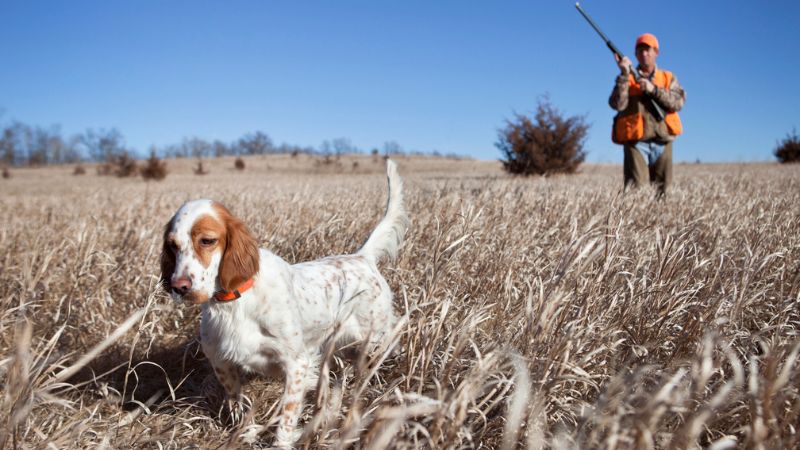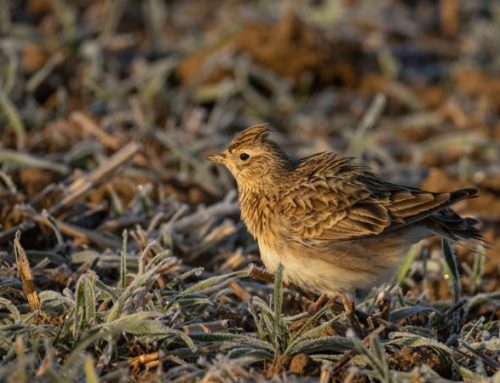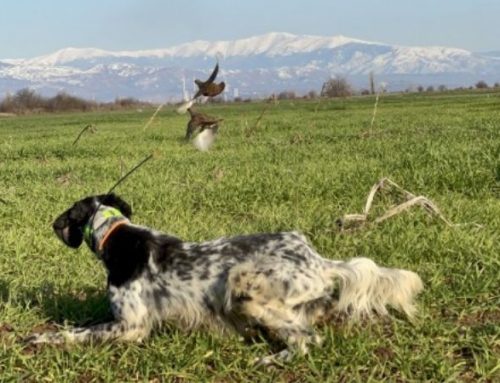There comes a moment in every hunter’s life when a clear and inevitable question surfaces: “Why do I keep hunting?”
It’s not a question born of moral doubt or external criticism. It’s a quiet, intimate reflection that often emerges after a long day in the highlands, when your legs are tired but your heart is full. Sometimes, there’s no immediate answer. Sometimes it’s just a memory that resurfaces; other times, it’s a rush of gratitude in front of a breathtaking landscape. Often, it’s the awareness that the bond between man and nature passes through this ancient, profound act.
Hunting as Memory
Many of us learned to hunt when we were young—guided by a father, a grandfather, or an uncle. It was a way to step into adulthood, to learn silence, to listen, to respect. The first steps in the woods, the first dawns spent in stillness, the first animal watched with awe—these moments leave a lasting imprint on the soul, far more enduring than any trophy. For many, hunting is also this: preserving the memory of loved ones, keeping alive a tradition that speaks in their voices.
The Relationship with Nature
Those who think hunting is violence have never walked six hours in the forest without firing a shot. They’ve never passed on a shot out of respect. They’ve never felt their skin tingle from the emotion of seeing a wild, proud, beautiful animal. Hunting is, first and foremost, observation, patience, and understanding. It’s learning the silent language of the wind, the tracks, the calls. It’s discovering that every animal has a story, a behavior, a dignity. And that every piece of land you cross has something to teach—if you know how to listen.
The Emotion of the Encounter
The moment of the harvest is never trivial. Even after years of experience, after dozens of seasons, it remains an act that stirs the soul. It’s not just technique or precision. It’s responsibility. It’s the awareness that you’re closing a circle, and from that moment on, nothing will be the same. Many hunters, after the shot, remain still, silent, with moist eyes. There’s no pride, no conquest. There is respect. There is emotion. There is gratitude.
Time, Suspended
Hunting offers a different kind of time—a suspended time. In a world that rushes, that screams, that consumes, the forest forces you to slow down. It teaches patience. It demands listening. And in that deep silence, you often find yourself again. There is a form of meditation in hunting, a journey to the essential. When you walk for hours without saying a word, when you wait at dawn under the rain, when you watch a woodcock take flight and feel your heart pounding—you understand you’re experiencing something rare, something beyond the hunt, beyond the act itself.
A Form of Truth, Why We Keep Hunting
Hunting strips you bare. It forces you to reckon with yourself, with your limits, with your emotions. There are no pretenses, no shortcuts. Only the truth of the moment. And this is what makes hunting so powerful: its ability to return you to your most authentic nature.
To remind you that you’re part of something bigger. That life is sacred, and man has a role—if he lives it with humility and awareness.
Hunting and Ancestral Instinct
Deep within us, hunting awakens something ancient. A primordial instinct that allowed humanity to survive, to evolve, to build cultures and rituals. It’s the impulse that drives us to move silently through the forest, to sharpen our senses, to hear every rustle, to recognize every track. It’s not a thirst for blood, but a need for connection. Ethically lived, hunting is not domination but total immersion in a world that has always belonged to us, though modern life made us forget it. To return to hunting is, in a way, to come home.
This profound legacy explains why many hunters feel a deep, indescribable peace during hunting days. It’s as if, for a moment, modern time merges with ancient time. A suspension of the everyday. A rediscovery of what we once were—and, deep down, still are.
Compassion and Doubt
What true hunter has never thought, even once, about giving it up? Who, standing over a harvested animal, has never felt a wave of compassion, melancholy, or deep hesitation? These thoughts come silently, like wind through the trees, and they never leave you. Because in the heart of a true hunter live both the love for life and the respect for death. The decision to shoot is never taken lightly, never trivial. And often, that very doubt is the measure of one’s conscience.
The truth is: only those who deeply love nature can consciously choose to experience it through hunting. There’s no indifference, no detachment. On the contrary, there is a form of love made of attention, immersion, and respect. The hunter sees what others do not. Hears what others ignore. Moves discreetly, never invading. And if he takes, he does so with responsibility, gratitude, and humility.
A Passion Difficult to Explain
In an era where everything must be instant, simple, and polarized, defending hunting is often a hard task. Especially for the young, who face snap judgments, ignorance, and misunderstanding. In a world that simplifies everything into black or white, those who try to tell the truth about hunting are often unheard—or attacked.
But hunting cannot be explained by words alone. It is a deep, ancestral drive that belongs to human identity as much as song, fire, or memory. It’s a way to stay faithful to a tradition rooted in the land and in family. A practice that teaches restraint, balance, and silence.
That’s why it’s important to speak, to explain, to open our hearts. To talk about true hunting with honesty and without shame. To show the beauty hidden in the gestures, the waiting, the care. To make others understand that it’s not about violence—but about a profound participation in the cycle of life.
The Hunter and the Mystery of Death
In front of the animal just taken, as silence returns to fill the woods, the hunter can’t help but feel a deep and unavoidable truth: he, too, will one day come to an end. What you feel in those moments is never easy to explain. It’s a form of awareness that goes beyond words. The animal’s death is not a victory, not a trophy—it’s a powerful reminder of our own impermanence, the fragility of life, the mystery of time that passes for all.
In those moments, an inner space opens where everything becomes clearer: the beauty of life, the respect for what ends, the value of the time we are given. The death of wild game is never spectacle—it is lesson. It reminds us that every day is a gift, that every creature deserves attention and respect. And that life, precisely because it is destined to end, must be lived fully, with balance and with gratitude.
It’s in this direct encounter with death that the hunter develops a rare form of empathy. He becomes more attentive, more sensitive, more aware of what surrounds him. He learns to see life in all its shades, to respect it in every form. It is not a paradox, but a profound truth: those who know death—who have seen it in the eyes of a wild animal—love life with an intensity that few others can understand.
So why do we keep hunting? Perhaps because hunting is, above all, a way to remain human. To feel fatigue, cold, joy. To live true emotions, unfiltered. To feel the heart beat fast, to look an animal in the eyes and recognize life. To reconnect with an ancient, deep part of ourselves—the part that listens, waits, respects. And perhaps, more than anything, because every time we return from the forest, we are a little closer to who we truly are: humans, suspended between nature and memory.












